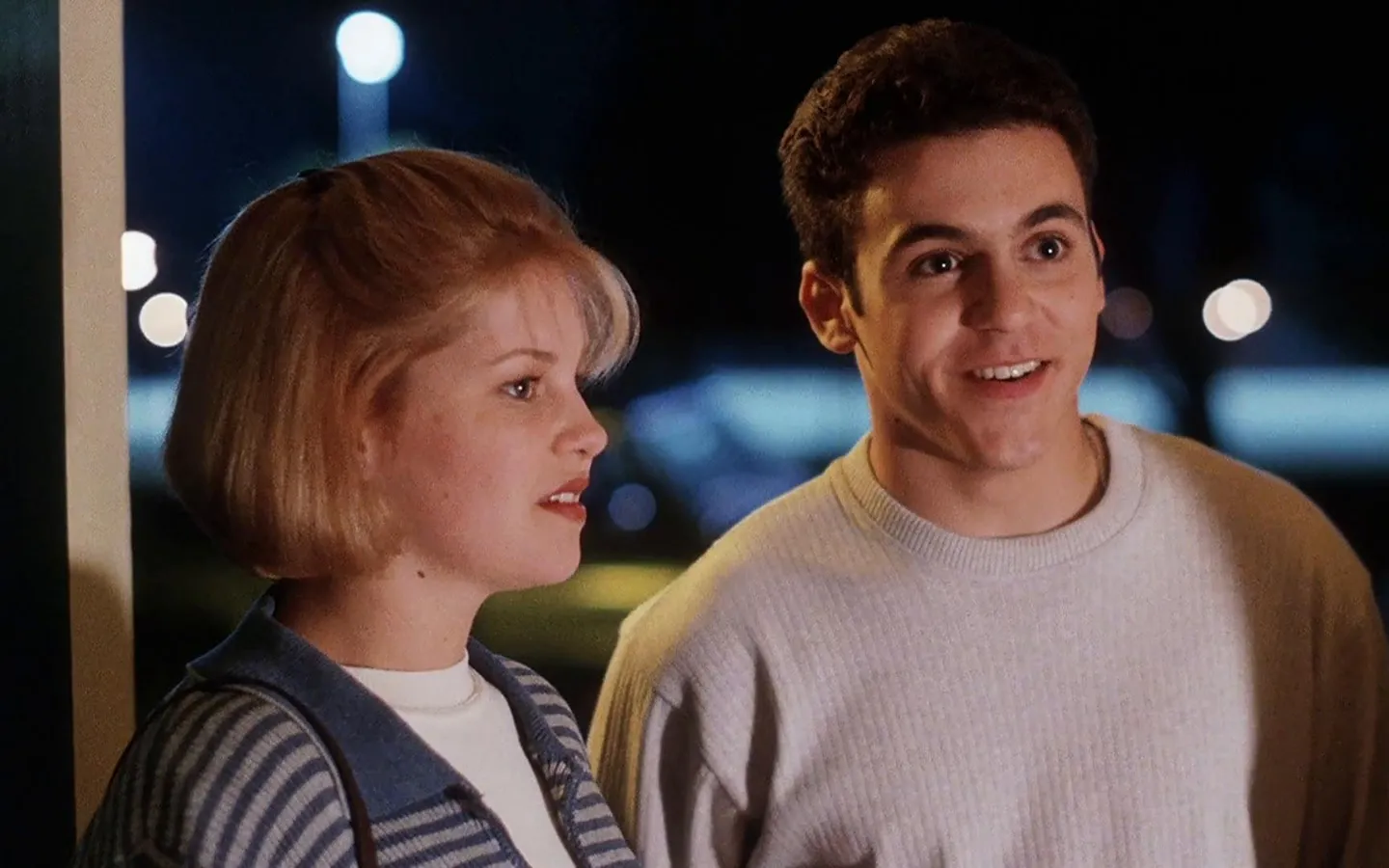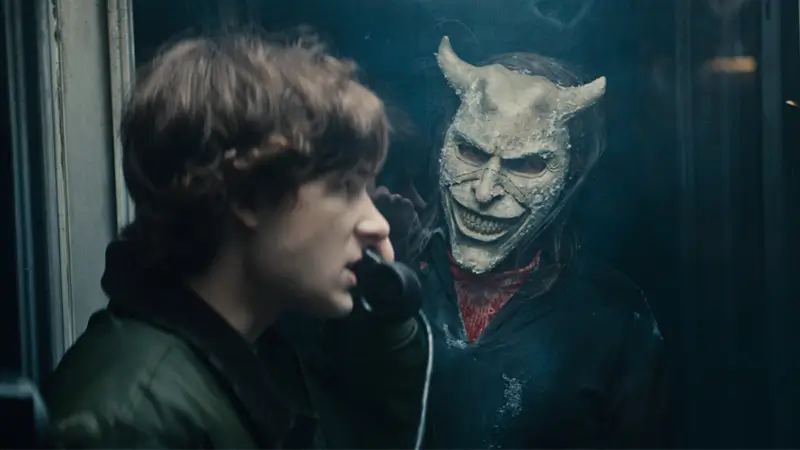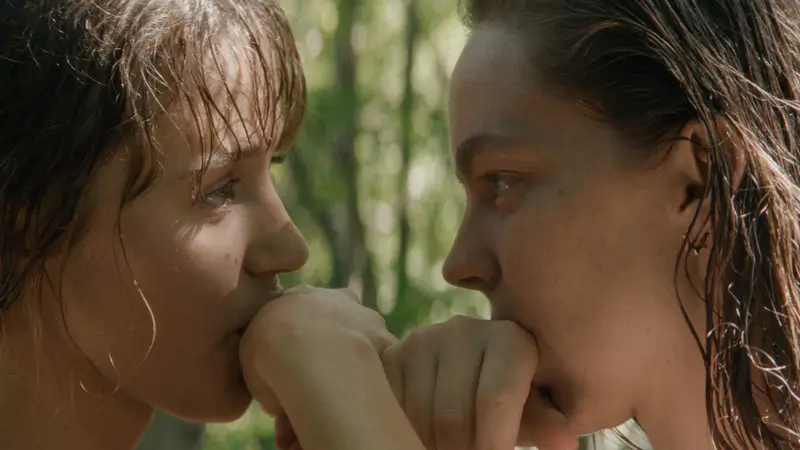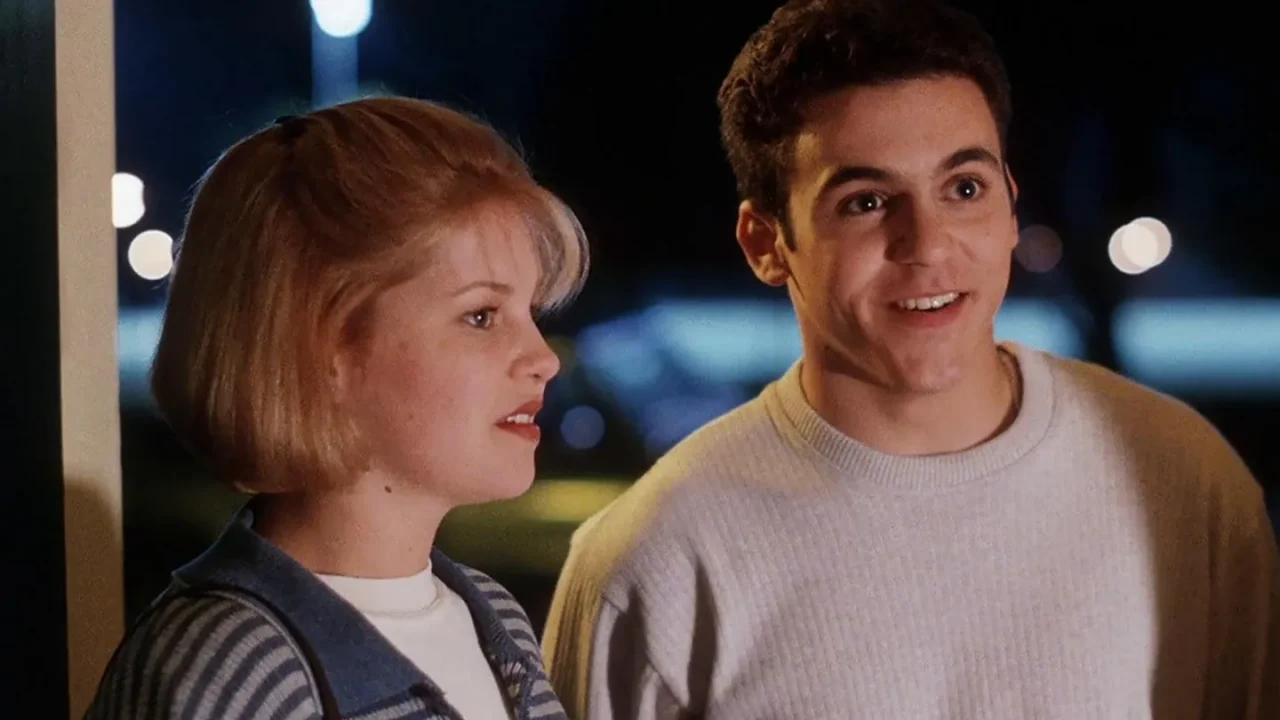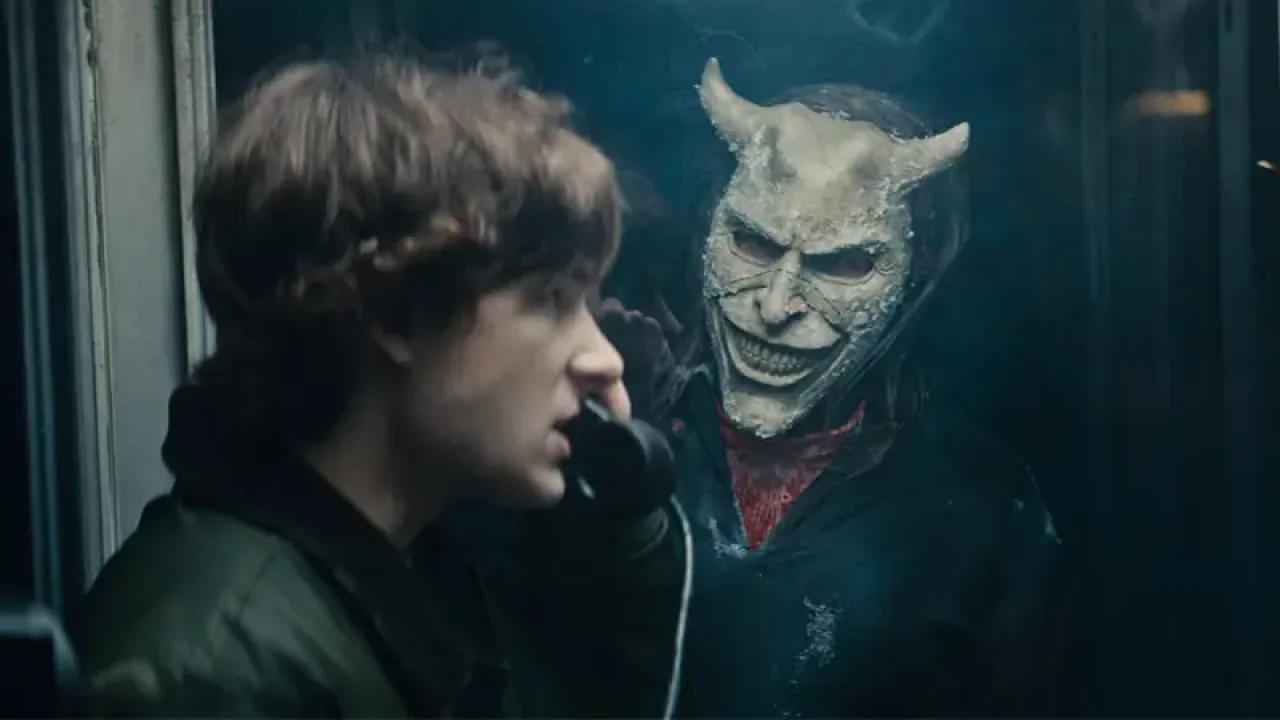For director Félix Dufour-Laperrière, Death Does Not Exist (La mort n’existe pas, France and Canada, 2025) is a film “about political commitment, but also about love and friendship.” He adds: “It’s about bonds, about the desire to have a life of our own, and about the collective responsibility we hold for our common future.”
These would be varied, ambitious, and overly grand themes for a feature film that doesn’t even reach an hour and a half. But this film – screened in the Directors’ Fortnight at the 2025 Cannes Film Festival – employs a vibrant animation, overflowing with color, that achieves a paradoxical balance between naturalism and surrealism. A singular path toward the spirit, where all these subjects intersect in their immense complexities.
Its political leanings are also evident. The plot follows Hélène (voiced by Zeneb Blanchet), a young woman leading a group of friends in an armed attack against a wealthy family that, according to the dialogue, has caused too much damage to the world. They own private parks, companies, natural resources, and even entire cities, contaminating everything while the planet is on the brink of environmental collapse. The group hesitates: it’s the first time they will resort to violence against humans, but they conclude it is their duty for the common good.
The youths attack, but at the last moment, Hélène hesitates, and everything goes wrong. She sees all her friends die and manages to flee into the forest. There, she encounters the spirit of her best friend, killed in the fight, Manon (voiced by Karelle Tremblay), who will guide her on an odyssey with two paths: one of conformity with the status quo or one of redemption and coherence with the ideal of a better future… and all the implications that entails.
Death Does Not Exist is a colorful odyssey toward ambiguous conclusions
The thesis of Death Does Not Exist is built upon a profound moral dilemma, best expressed by one of its characters: “violence is impossible, but letting everything rot is also impossible.” Other aphorisms in the film highlight the urgency for change to avoid a climate collapse caused by the greed of the privileged. But Hélène, who pulls back at the last moment, is in an introspective conflict. With what, exactly?

The screenplay, also written by Dufour-Laperrière, doesn’t offer many clues: its narrative is succinct, more inclined toward the power of its images. The dialogues reveal a protagonist who, deep down, is trapped between the fear of dying and the ethical implications of committing murder, pure and simple. The alternative is complacency – a betrayal of herself and her fallen comrades. The film conducts the exploration of these dilemmas through distinct episodes marked by color palettes.
The art direction of Death Does Not Exist is worth highlighting, achieving a seemingly paradoxical balance. On one hand, there is a naturalism in the design and proportions of the human characters, as well as in the depiction of violence – both human and animal – that is graphically shocking. On the other hand, the use of color and animation pushes the narrative directly into the territory of fantasy and surrealism – perhaps not so much symbolism, given a certain inconsistent arbitrariness. Characters merge with the green of the forest, spurts of blood transform into flowers, facial contours rejuvenate and age before our eyes.
Dufour-Laperrière’s film hits its high points when the animation embraces this creative impulse, a singular path to abstract the brutality of violence – natural, inevitable, necessary? – and transform it into images of hope for what is to come. Or, perhaps, something similar: its fascinating surrealist images function as a way to escape the thornier questions, avoiding subjecting the protagonist to the very literal consequences of her morally complex mission.
- Also check out: Animated movies for adults
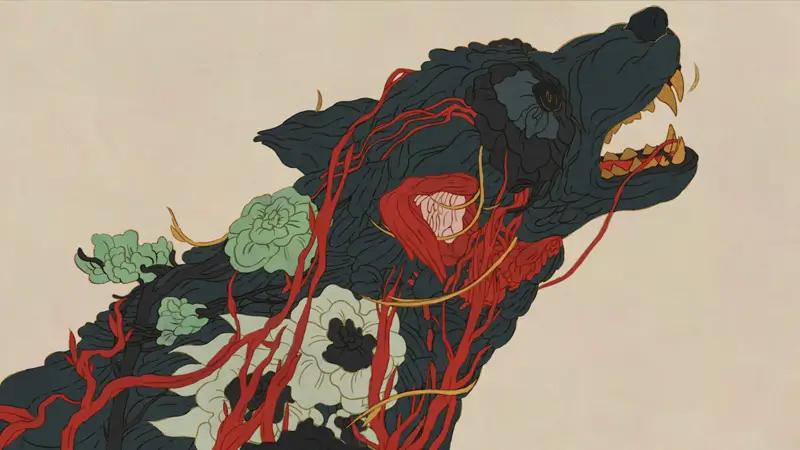
This is a curious contradiction of Death Does Not Exist, because, although it is rooted in that #EatTheRich spirit in its most radical and militant form, the film avoids bold statements and opts for an allegorical conclusion, with forests transformed into an all-consuming sea.
It’s not as if there was much substance from the start either. The climate crisis is urgent, no one denies that. But with characters lacking depth or motivation to attack the archetypal rich, the discourse ends up sounding preachy.




